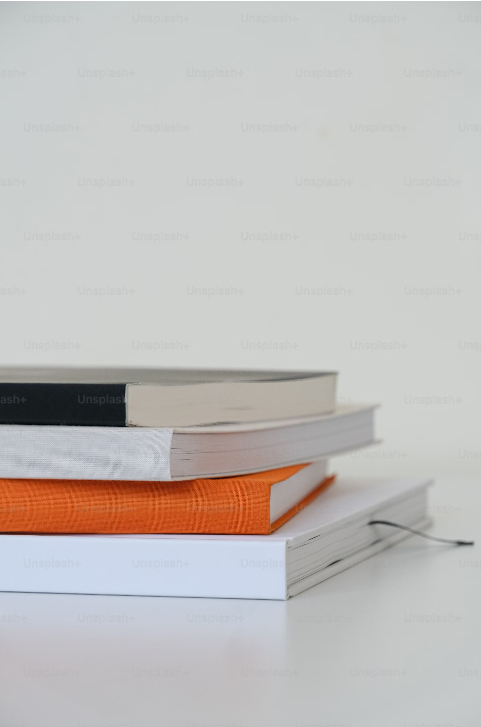

Primary Program

About
Dr. AHM Mehbub Anwar is a fellow at KAPSARC. He currently leads the Energy Decision Model for Maritime, which results in research outcomes as well as advisory inputs for the energy ecosystem across the Kingdom. This project investigates future port activity including seaborne trade and fuel consumption in the shipping sector both locally and globally. He also works on the KAPSARC Spatial Urban Energy System (KSUES) project. Prior to joining KAPSARC, he worked in Transport for New South Wales (TfNSW), a state government organisation, as a transport planner, and at the University of Wollongong (UOW) in Australia as a researcher. He led the update on the state of transport in the TfNSW regions as part of the strategic planning for its Future Transport 2056. He has also worked as a lecturer at Khulna University of Bangladesh, and was later promoted to a professor in urban transport planning. He holds a Ph.D. with an examiners’ commendation for an outstanding thesis from the UOW. His thesis focused on modeling travellers’ preference heterogeneity.
Publications

10 March 2024
Fueling the Transition in the Maritime Sector: What Are the Current Status and Path Ahead?
The continued demand for global seaborne trade is estimated to have accounted for 85.9% of world trade in 2023, with demand reaching 12 billion tons. As with the growth in demand, the continued growth in CO₂ emissions from global shipping, which currently contributes an estimated 2.1...

22 January 2024
IMO GHG Emission Reduction Strategy: Insight into the Alignment of Saudi Arabia’s Efforts at Maritime Decarbonization
session of the Marine Environment Protection Committee (MEPC 80), where they adopted a revised strategy to reduce greenhouse gas (GHG) emissions from international shipping (KSA IMO 2023c). The initial GHG emission strategy was adopted in 2018 during the MEPC 72, and since then, the...

09 January 2024
Trend in Eurasia’s Seaborne Trade and Vessel Capacity Between 2013 and 2021International trade between countries and across regions has existed for centuries. Moreover, international trade saw a significant increase in its growth from 1950 to 2000, with trade volume growing at an average rate of 6% per year. The concept of trade comprises both exporting and...

21 August 2023
Future Fuel Demand From the Saudi Shipping Sector: A Business-as-Usual Estimation
The purpose of this commentary is to suggest a rough estimation of future exp...
- A global average energy intensity of 0.078 megajoules per tonne-kilometers (MJ/tonne-km).
- An average export distance of 5,441 nautical miles (nm) between Saudi Arabia and export trading partner countries.

21 March 2023
Saudi Arabia’s Potential to Further Hydrogen Use in the Maritime Sector
The United Nations Climate Change Conference (COP 26) in Glasgow focussed on advancing low-carbon fuels to reach emissions abatement targets. The conference also reaffirmed the goals of the Paris Agreement: to secure global net-zero emissions by mid-century and limit the glob...

16 October 2022
Understanding the Trajectory of Urban and Transport Development in RiyadhRiyadh has been a car-oriented city since the 1950s, a trend that was compounded by the economic boom of the 1970s. Likewise, the first master plan of Riyadh, a highway-based plan prepared by Doxiadis Associates International in 1973, encouraged the continued use of private cars.

27 March 2022
Understanding the Willingness to Make the Modal Shift to the New Metro in RiyadhRiyadh, Saudi Arabia’s capital and main financial hub, is currently facing substantial urban growth pressures. The city suffers from serious traffic congestion, especially at peak hours. Owing to the city’s high level of urbanization, travel demands are expected to increase. This dem...

03 March 2021
Can Parking Fees Influence People to Use the Metro Instead of Cars in Riyadh City?In this commentary, we investigate the contexts in which car users located in five areas of Riyadh (south, north, east, west and central) would prefer to use transit for their trips. We focused on parking fees and car users because the car is the most used travel mode in Riyadh.



















